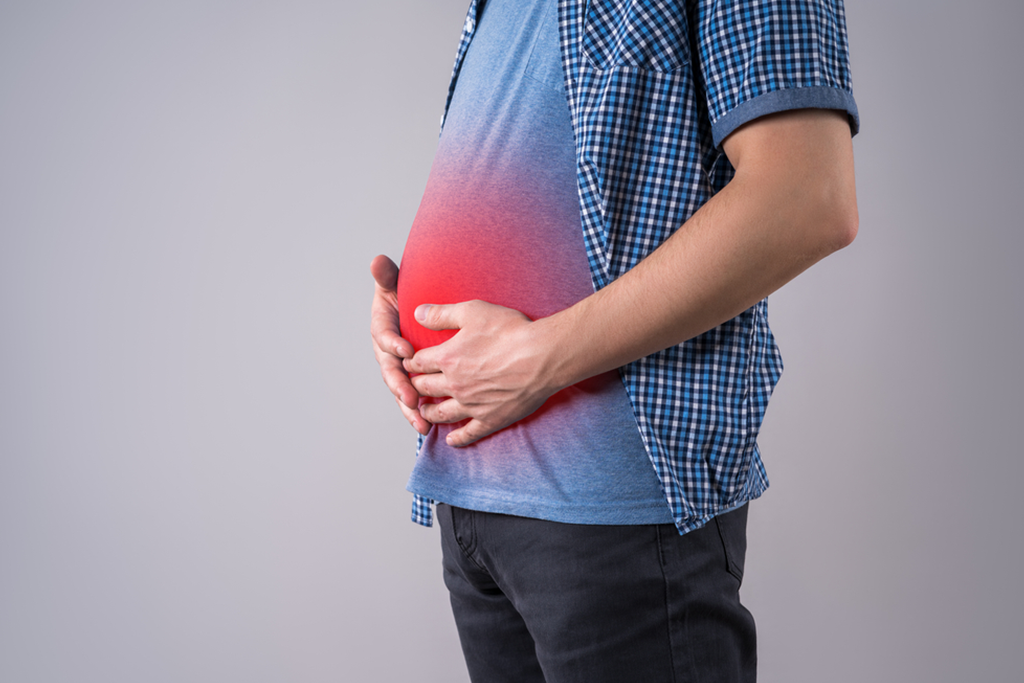Understanding Acid Reflux and GERD
Acid reflux occurs when stomach acid flows back into the esophagus, causing a burning sensation in the chest known as heartburn. When acid reflux becomes chronic, it leads to Gastroesophageal Reflux Disease (GERD). Ignoring GERD can result in serious esophageal damage over time, increasing the risk of complications like esophagitis, ulcers, and even esophageal cancer.
How GERD Causes Esophageal Damage?
- Esophagitis (Inflammation of the Esophagus)
- Acid reflux causes the lining of the esophagus to become inflamed.
- Symptoms include painful swallowing, chest pain, and persistent heartburn.
- If untreated, esophagitis can result in ulcers and bleeding.
- Esophageal Strictures (Narrowing of the Esophagus)
- Chronic acid exposure leads to scarring and narrowing of the esophagus.
- This can cause difficulty swallowing (dysphagia) and food impaction.
- Barrett’s Esophagus (Pre-Cancerous Condition)
- Over time, acid reflux can cause changes in the esophageal lining, known as Barrett’s Esophagus.
- This condition increases the risk of esophageal adenocarcinoma, a type of esophageal cancer.
- Regular monitoring through endoscopy is essential for early detection.
- Esophageal Cancer
- Long-term untreated GERD significantly raises the risk of esophageal cancer.
- Symptoms include unexplained weight loss, persistent difficulty swallowing, and chronic acid reflux.
Warning Signs That GERD Is Getting Worse
- Frequent heartburn (more than twice a week)
- Regurgitation of stomach contents into the mouth
- Chronic cough or sore throat
- Difficulty swallowing or feeling of food stuck in the throat
- Hoarseness or voice changes
- Unexplained weight loss
How to Prevent Esophageal Damage from GERD?
- Lifestyle and Dietary Changes
- Avoid spicy, acidic, and fatty foods that trigger reflux.
- Eat smaller meals and avoid eating close to bedtime.
- Maintain a healthy weight to reduce abdominal pressure.
- Elevate the head of your bed while sleeping.
- Quit smoking and reduce alcohol intake.
- Medications for Acid Reflux
- Antacids (e.g., Tums, Gaviscon) neutralize stomach acid.
- H2 blockers (e.g., Ranitidine, Famotidine) reduce acid production.
- Proton Pump Inhibitors (PPIs) (e.g., Omeprazole, Pantoprazole) block acid production effectively.
- Prokinetics improve stomach emptying and strengthen the esophageal sphincter.
- When Is Surgery Needed?
For severe cases where medications fail, procedures like fundoplication or the LINX procedure may be considered to strengthen the lower esophageal sphincter (LES).
When to See a Doctor?
If you experience persistent heartburn, difficulty swallowing, or signs of esophageal damage, consult a gastroenterologist. Dr. Suryaprakash Bhandari at Gastrocare Clinic, Mulund, specializes in GERD treatment, endoscopic evaluations, and esophageal health. (Embed website form)
Conclusion
Ignoring acid reflux can lead to serious esophageal complications. Early diagnosis and treatment of GERD can prevent long-term damage. If you or a loved one suffers from chronic acid reflux, seek professional care to protect your digestive health.



